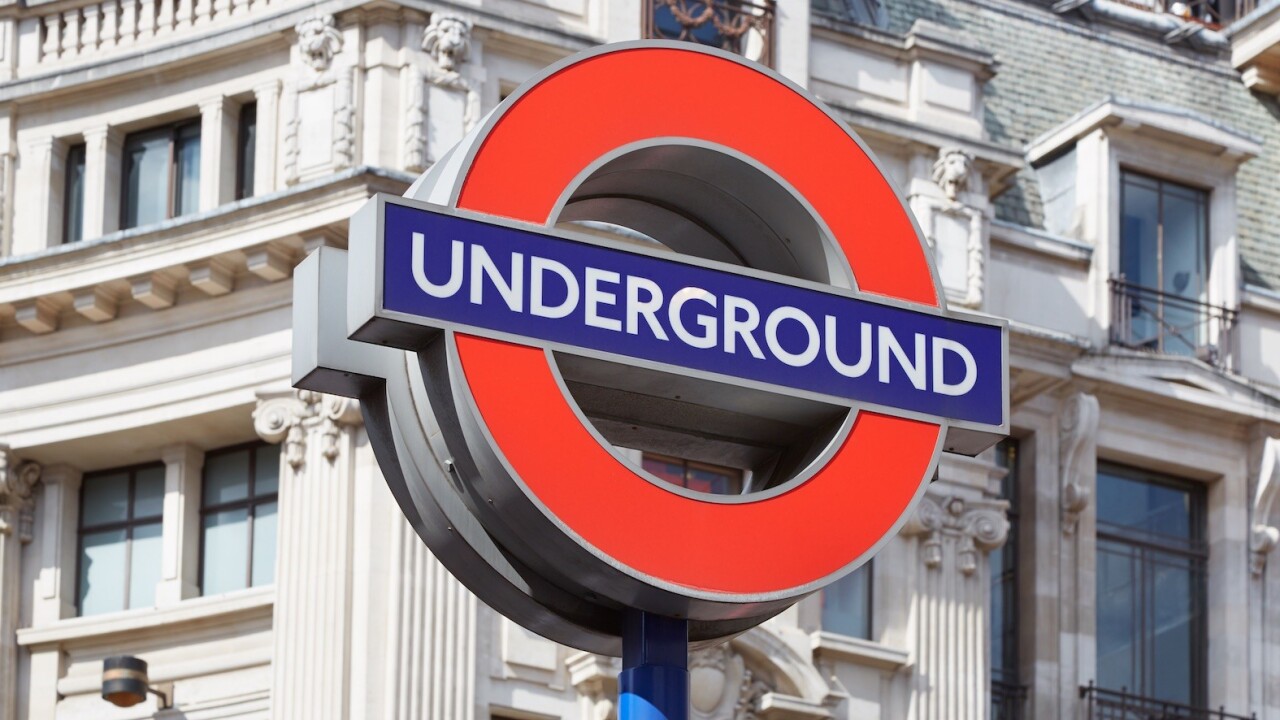
A Muslim man was forced to get off a train in London after another passenger deemed his use of an iPad ‘suspicious’.
The Evening Standard interviewed witnesses during the incident and described how the reaction came after a man turned his iPad off after he noticed another commuter staring at it.
A passenger, identified as Jonny said, “There was a guy stood up, dressed smartly with a man bag…he was asking someone who looked Arabic to get off the train amongst other things because he felt threatened by him.”
Eye witness reports describe how others came to the defence of the accused, but the perpetrator seemed “unfazed” by the response.

“The Arabic man looked pretty shocked and clearly didn’t know what to do,” continued Jonny.
“I think he wanted to fight his corner but, thankfully plenty of people stood in between and stopped anything escalating.”
As a life-long Londoner I’ve consistently been amazed by the tolerance that the capital has demonstrated, especially in times of crisis. Even after the 7/7 bombings that shattered Britain’s sense of impenetrability as an island nation, we never lost our humanity.
According to Tell Mama, an advocacy group that documents anti-Muslim occasions in the UK, there has been a sharp rise in the number of incidents following the Paris attacks.
Last week, a Muslim man had to abandon his journey on board a coach after a passenger said he felt ‘uncomfortable’ with him being on board.
There is no doubt that terrorist attacks strike fear into everyone, whether they be at home or abroad.
Britain has a long and illustrious history of maintaining a “stiff upper lip” in the face of adversity. We have gotten used to the idea of living with a malevolent shadow. In the 1980s people were harangued by the thought of being caught in the cross-fire between America and the Soviet Union’s nuclear armageddon.
In the 1990s, the IRA decimated Manchester and tried on several occasions to destroy London. But these threats subsided and the vitriol towards the perpetrators waned. But that was nothing compared to today.
Today our fear is not stoked by a nation state or a political ideology. It comes from a religion, a faith, the colour of a person’s skin. It comes from people who live among us.
After the Paris attacks a clamorous bravado swept across Europe. But this defiance crystallised so clearly on social media masked a deeper truth. That we were terrified and we had no idea what to do about it.
Last week a man armed with a knife attacked three others on London Underground shouting “this is for Syria”.
The raison d’etre of terrorism is to poison a society with terror from within. Events like the one above are a perfect example of the mission of groups like the Islamic State. To slowly turn a country against itself, simultaneously sending the rejected and disenfranchised into the arms of those looking to bolster their ranks.
But rather than paper over our fear and the moral superiority that comes with denying it, we are in fact creating a breeding ground for prejudice, misunderstanding and the systematic destruction of empathy.
Instead we need to confront our fears. I spent a significant portion of my life training to be a psychotherapist. In that time I learned how fear leads to misunderstanding, misunderstanding leads to resentment and resentment leads to hatred.
As a nation we must learn how to say out loud that we are scared. Fear is a perfectly reasonable response and a vital part of being human in light of everything that has happened in Europe this year. There is no “right” response to fear. Fear compels us to act in ways that are as unique as we are.
We are not immune to the things that happen around us. But we can choose not to be cruel as a response.
A buzz-word that flies around therapy circles is empathy: the ability to understand what it is like to walk in someone else’s shoes. But we cannot even begin to understand what it felt like to be that man on a train when we have yet to grapple with how we truly feel about walking around in our own terrified footwear.
It is ok to be scared. It is not ok to terrorise others because of it.
➤ Muslim forced off Tube after commuter complained he used iPad ‘suspiciously’ [Evening Standard]
Get the TNW newsletter
Get the most important tech news in your inbox each week.





